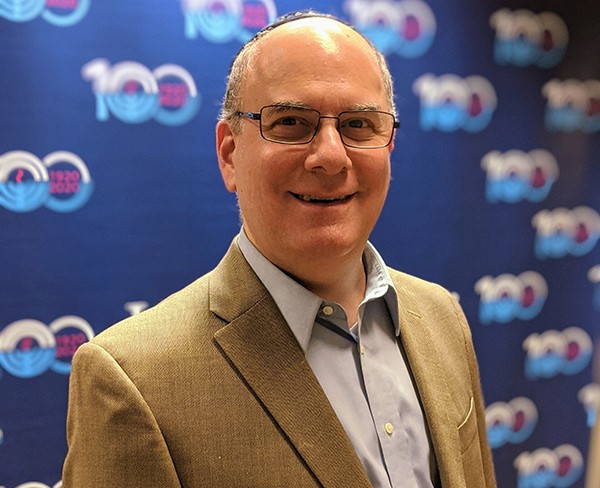
BY RABBI BARRY COHEN
Chanukah is one of the hardest Jewish holidays to explain.
Here’s a typical explanation for young children: More than 2,200 years ago, an evil king named Antiochus Epiphanes tried to make the Jewish people just like everyone else. He made Jewish prayer, rituals and traditions illegal. He even trashed the Temple in Jerusalem and made it impossible for us to offer sacrifices. Finally, a group of brave warriors called the Maccabees rose up and fought a war for religious freedom. Miraculously, they defeated the mighty Greek army and took control of Jerusalem. They found a container of oil that should have burned only for 1 day but instead burned for 8 days. This gave the Maccabees the time they needed to rededicate the Temple. That’s way we call the holiday “Chanukah,” which means dedication.
Historically, Chanukah is much more complicated. Why would Antiochus try to strip away the Jews’ unique identities and make them completely Hellenistic? After all, he was a polytheist; why would he prevent the Jews from worshipping their God when so many other gods were being worshipped?
A controversial argument is that the true villains of the story were “Jewish Hellenizers.” They were the powerful, wealthy, upper crust who wanted to assimilate completely. They desired to become as Greek/Hellenistic as possible for the sake of economic, social and political power.
A civil war ensued between the assimilationist Jewish Hellenizers and the priestly Jewish families. The Hellenizers then asked Antiochus for support. Of note, every Jew had to choose a side; no one could remain neutral. The newly consolidated opposition called themselves “Maccabees.” (They later changed their name to “Hasmoneans.”)
Incredibly, the Jews who opposed the Hellenizers and Antiochus’ army, after a bitter guerilla war, took back the Temple. But the war of dedication (“Chanukah”) did not end there. A few years later, they pushed out Antiochus’ army and obtained political independence.
If this were a Hollywood-produced movie, the credits would now roll. But that’s not the end of the story. Mere decades later, the Hasmoneans fully embraced Hellenism. Talk about irony. Even worse, they attempted to consolidate political power and religious power. In the past, only someone descended from a “Cohain” could become the High Priest; only someone descended from David could become king. When the Hasmoneans made this power play, another civil war began. Who was invited to mediate? Rome.
This is not the kind of story we share with our children.
But every year, we have an opportunity to learn Chanukah’s more sophisticated and nuanced lessons. We can ask ourselves: “To what extent do we want to embrace the values of being just like everyone else, and to what extent do we want to be unique?” We are allowed to have a multifaceted identity.
A prevailing fear today is that the Jewish people are losing our distinctive, unique identity and are only a few generations from fading away. These are only fears. We can celebrate Chanukah’s lesson of dedication to renew our uniqueness and strengthen our bonds with a Jewish community that grows more complicated and nuanced with every generation.
Rabbi Michael Strassfeld, leader of the Havurah Movement, teaches that we can take the light from our Chanukah menorah to ignite the flames of our souls. This inner light shines against the darkness of cynicism, anxiety and existentialist fear and kindles hope in others.
During these socially distanced, anxiety-filled, dark days of pandemic, we can still feel the warmth of the light within us. Let us continue to use this light to illuminate our darkened paths.
Chanukah reminds us of the many times we overcame long odds and not only survived, but thrived.
Rabbi Barry Cohen is the Jewish Community Chaplain of the Greater Portland Area.

0Comments
Add Comment